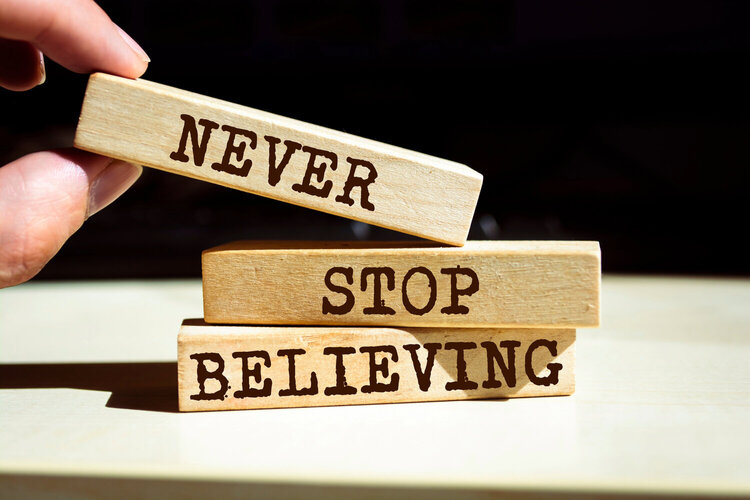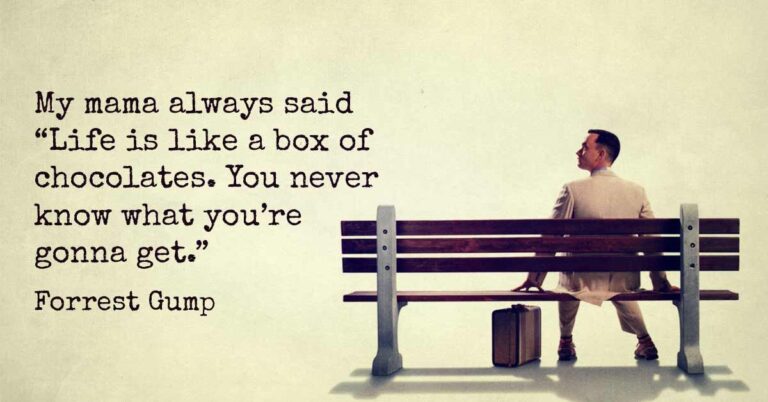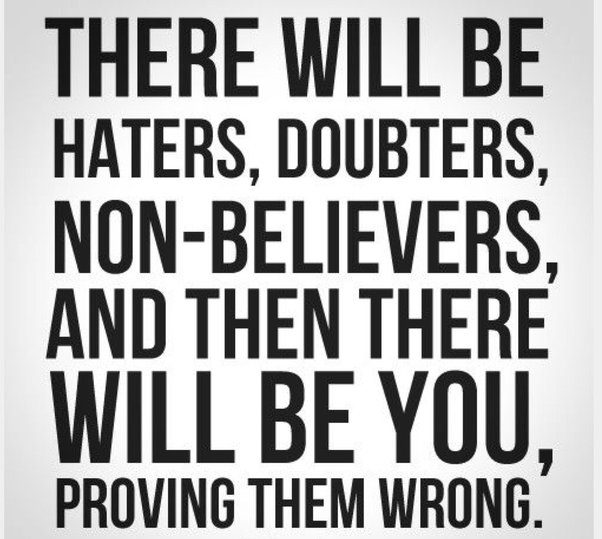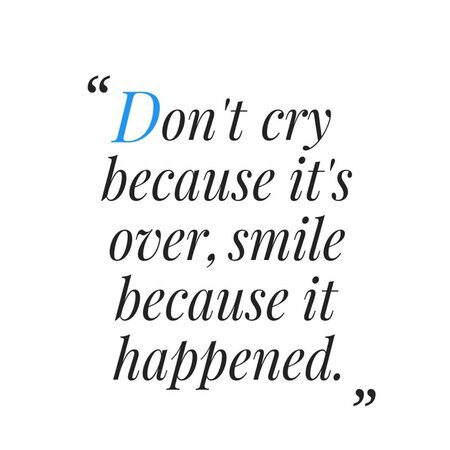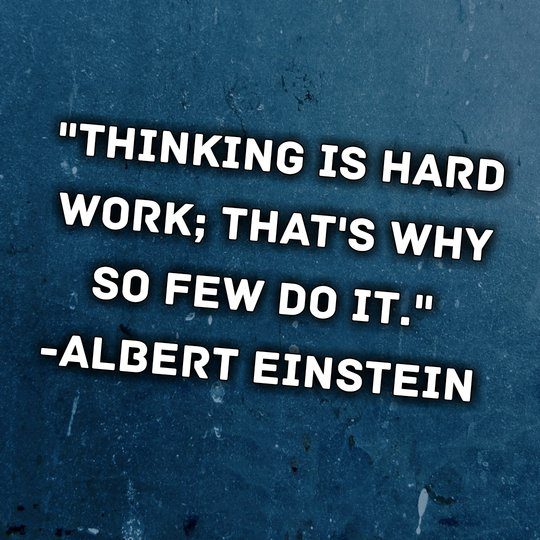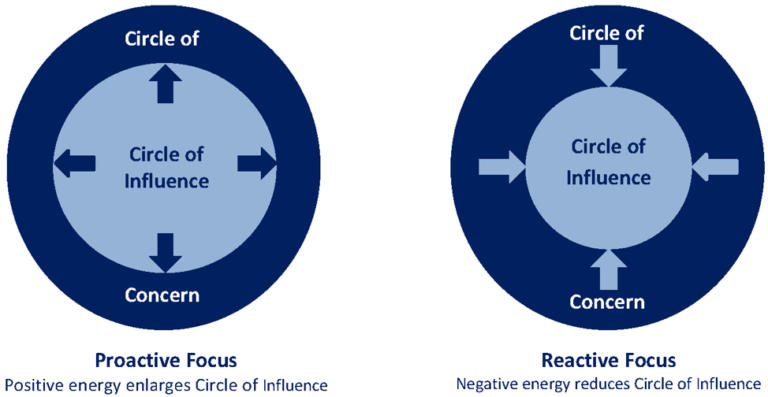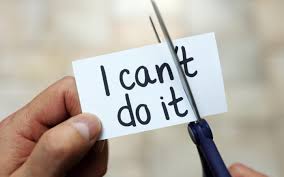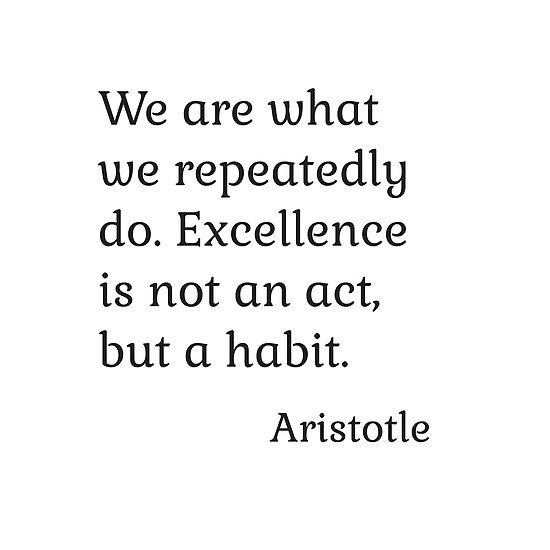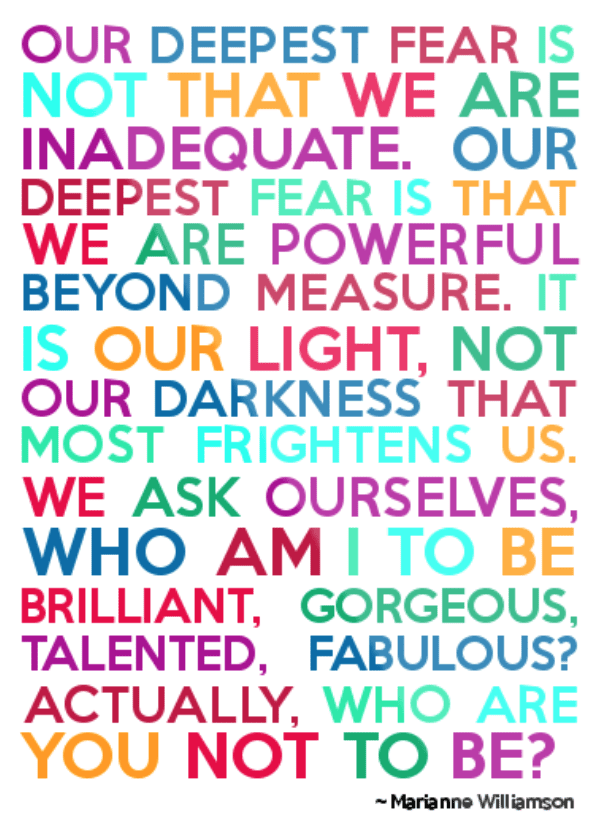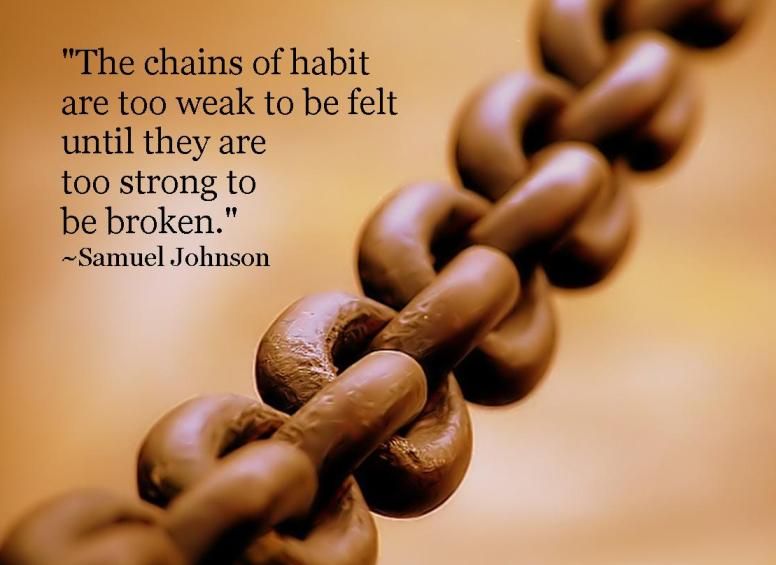“Whatever excites you, go do it. Whatever drains you, stop doing it.”—Derek Sivers”
Energy Vampires are everywhere, and they can be hard to spot because of the short-term benefits we might gain from these people, platforms or tools. Energy Vampires drain our energy, they bring low vibration, and transmit toxicity. We encounter energy vampires daily through interactions with friends, family members, social media, online platforms and various time wasters. American Writer and political activist Upton Sinclair famously said, “It is difficult to get a man to understand something when his salary depends on his not understanding it.” We stay in toxic and energy-draining relationships because of fear of the unknown, co-dependency, emotional enmeshment, and lack of self-awareness, among other factors.
“It is difficult to get a man to understand something when his salary depends on his not understanding it.” – Upton Sinclair
This is not a drill, you’ve got only one shot to figure out this lifetime and spending it with energy vampires will always drive you away from your purpose. Our job here is to discover our purpose, and anything that does not align with that needs to be released. In the course of your day, you will come across various people with energy-draining tendencies, such as time wasters, energy vampires, naysayers, drama queens, chaos kings, entitled princes, delusional princesses and a host of others. The key to navigating the roller coaster of dealing with these people is to confirm who you are dealing with and protect yourself with boundaries after confirming the kind of beast you are dealing with. Dealing with this kind of people can be extremely tough, especially when they are close friends or family members, but you need to release them.




